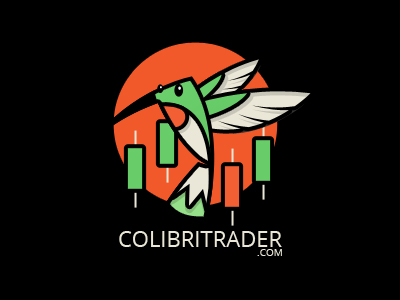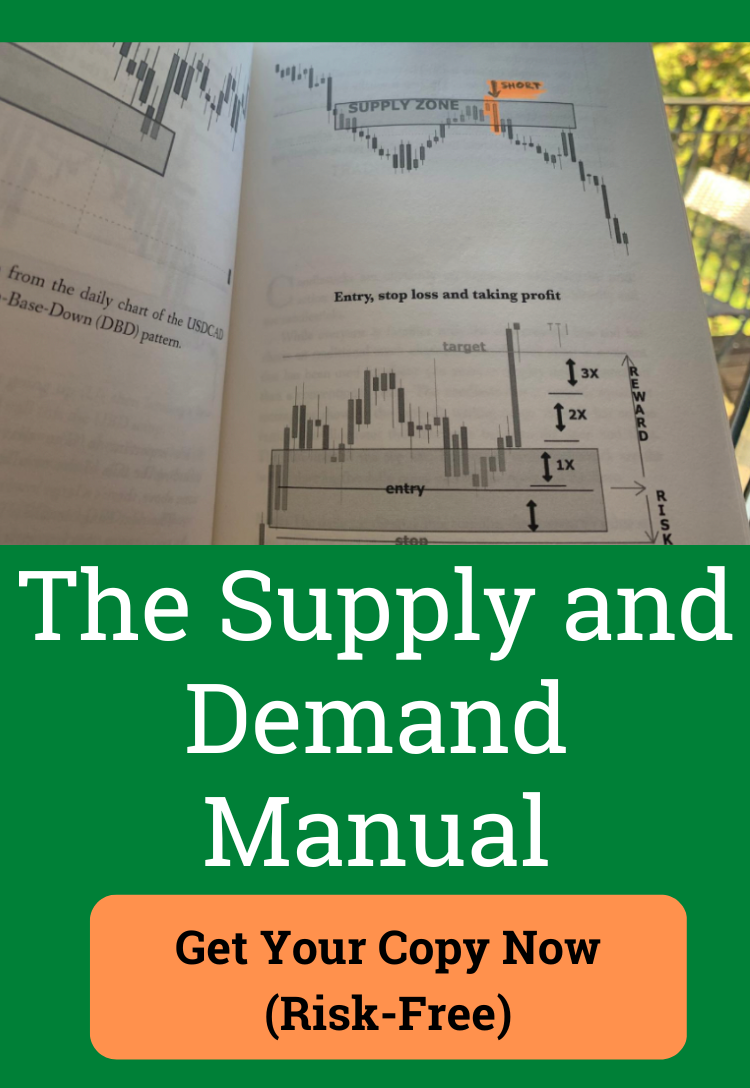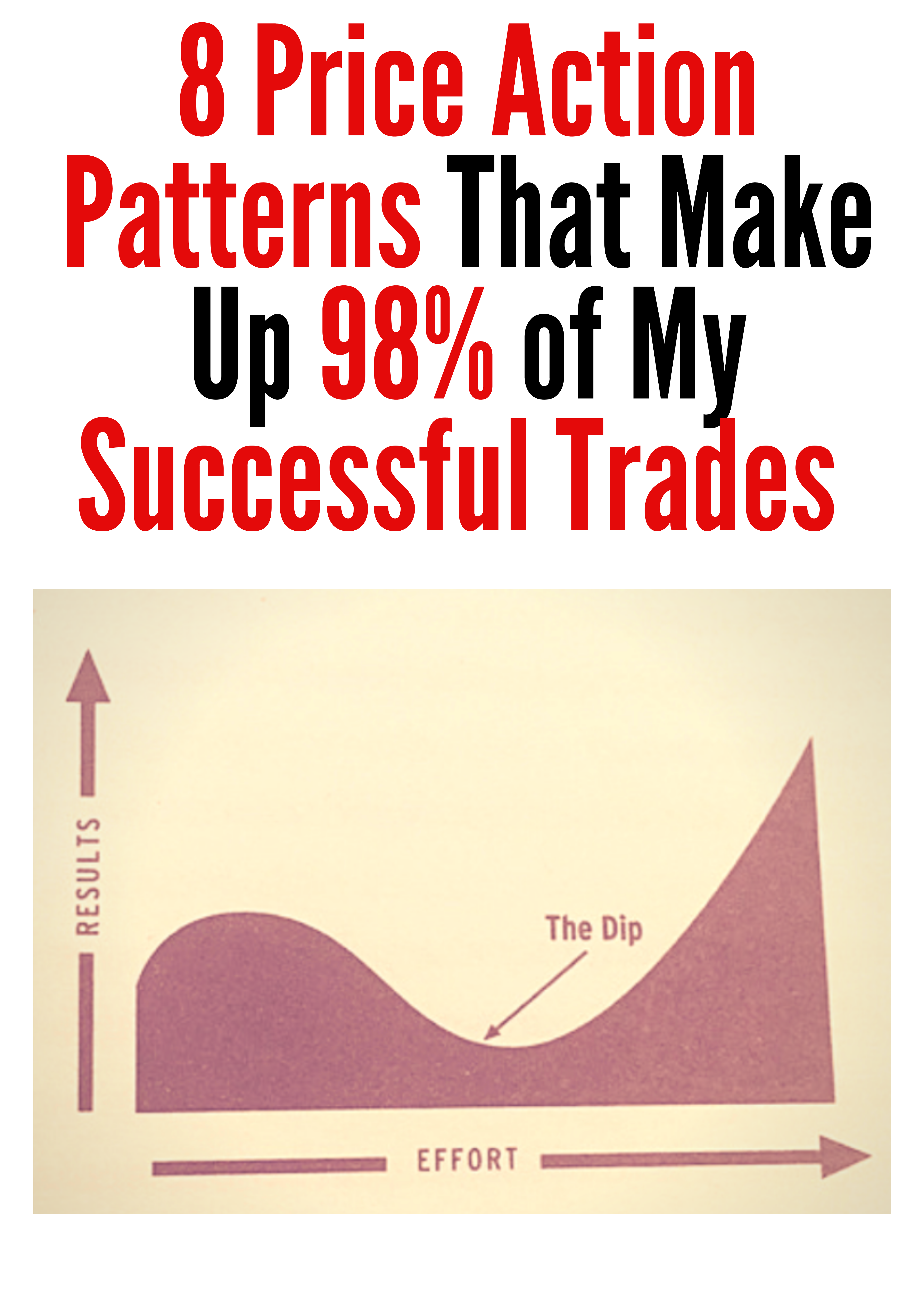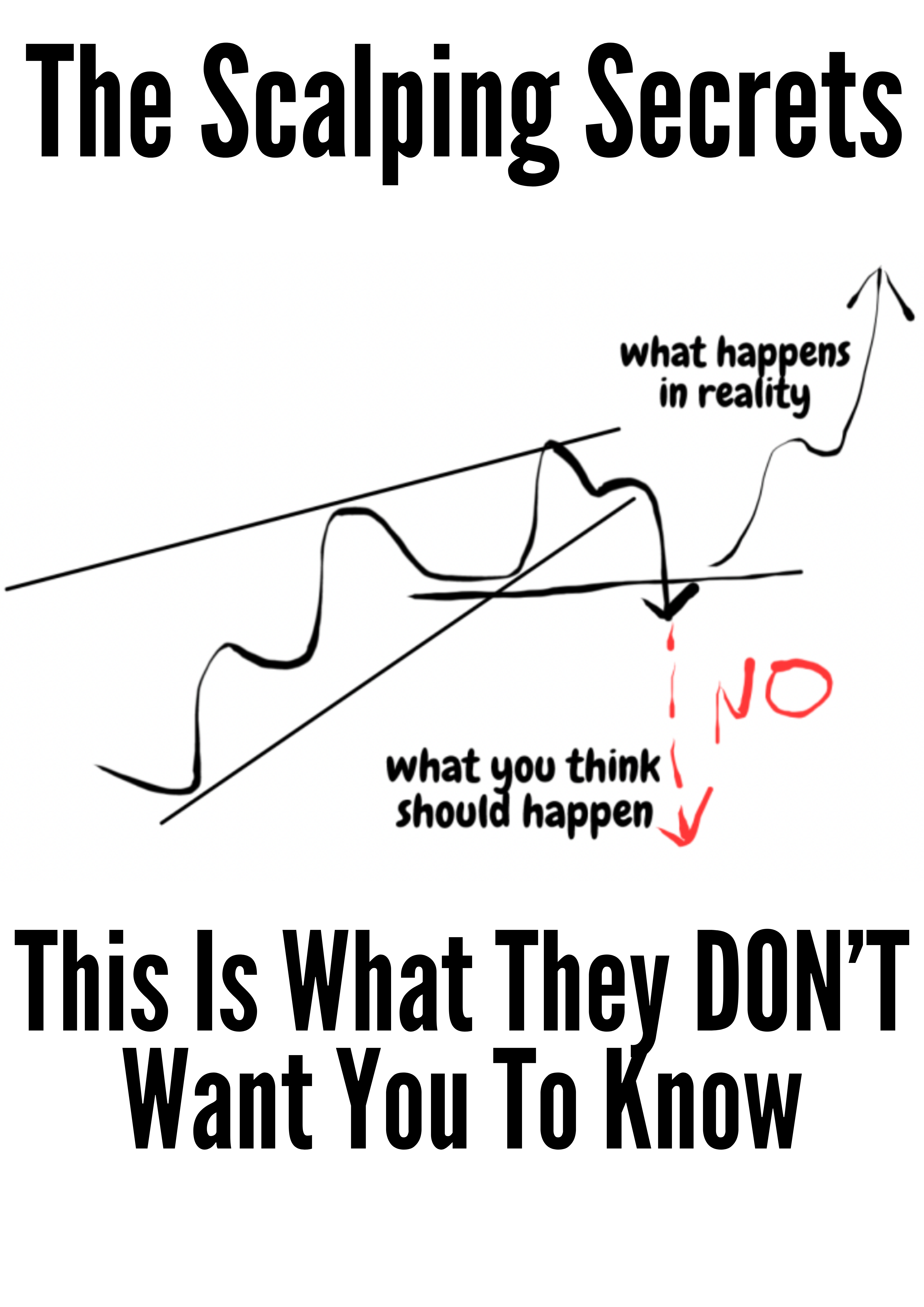The Master Trader Part 1
The Master Trader- PART I
“If this is the best of all possible worlds, then what must the others be like?”
From Candide, Voltaire
The mastery of trading is a long and uneven process of consistently looking for improvement combined with a high level of discipline. The steps that I have outlined here are not a prerequisite for successful trading, but definitely act as a great tool for improvement.
Steps to Mastery
STEP 1: Emotionless
IT is essential that the master trader trades from a perspective of rationality and skill and not from an emotional perspective. To a certain degree, the master trader should be willing and able to learn how to act in a contrarian way to human nature. In other words, the master trader needs to know how to harness the power of consciousness. In a way, this is like inventing a new perspective, which can give you the ability to see the market in a different angle, while at the same time being able to take responsibility for your own deeds
STEP 2: Visionary
EVERY master trader should be able to envision the end result and then follow a predetermined set of rules in order to achieve these results. Master traders are trading in terms of commitment to a higher goal, as opposed to reaching self-fulfillment. For this step, it is important that the master trader should be able to get rid of assumptions about himself/herself and be ready to act in the next moment disregarding old illusions. Thus, following his/her own momentum the master trader enters in the moment or “in the zone” as others are referring this phase to. This is the moment, when the old habits do not matter and you trade through the prism of your consciously chosen objective. You are taking a new challenge and the self-limiting of yourself is left behind to only come closer to your pre-defined objective. In this stage, you are learning how to get out of losers or “uncomfortable” positions, while your objective is pushing you subconsciously to move closer to your goal. The master trader thus puts essential emphasis on controlling losses.
STEP 3: Keep up the Momentum
IT is really important that in the course of building up the equity curve and making profits, the master trader keeps the momentum. It is not rare that when traders reach their targets (or come close), they blow up their accounts. This outcome is more or less due to the fact that reaching your goals is putting you in the realm of the unknown, thus coming back to the “comfort zone” or your starting point acts as an excitement-relief tool. Therefore, master traders should learn how to be comfortable with success. It is important that the master trader continues to envision greater goals and sustain the momentum throughout. In order to do that, the master trader should learn how to separate what happens on the marketplace from his/her own emotional responses. The master trader then needs to accept the fear of being in an unknown zone by strong willpower and stop trying to change this new state. In other words, one needs to be able to accept the unknown and embrace it with both hands. The master trader should aim at reaching a phase, where he/she should not focus on what others think of them. The master trader should not be surrounded by his/her own thoughts of winning/losing, but on the target and how to reach it. The master trader should aim to be in a state where trading is not an exhilaration by itself, but a commitment, where trading opportunities are taken effortlessly with the sole aim of reaching targets.
STEP 4: Control Freak
THE master trader should get out of the habit of being a control-freak of what is happening on the marketplace. One should be able to get rid of the feeling of being special in any way and just take what the market has to offer along the way. That’s the time to liberate yourself of any fears that are deeply ingrained in your sub-consciousness and start acting in a realistic way without trying to control the market or trying to predict future events. You should learn how to cope with your inner desire to “predict” the way of the market and instead follow your trading plan. Instead of being too euphoric or fearful, the master trader is already ready for the next trade, without even thinking about it. The master trader already knows that a few successful/losing trades do not mean anything in the long run.






Colibri, thank you for putting all this together for the benefit of others; I especially appreciate this as a newbie to trading at a mature age –shortly reaching 70 I embrace the challenge-but only a fool ignores those who have already trodden the path before them. Therefore I shall examine myself further and then act accordingly in the light of such examination as I come to know more about who I am becoming whilst acknowledging who and what I used to be, who and what I am Today has more currency than who and what I was yesterday or who and what I might be tomorrow.
Very valuable lessons .Insightful.
Many thanks, Mike M,
Hi Mike,
Thank you so much for the nice words! That is what is important to me- if I can help aspiring traders with my past knowledge. Age is only psychological and it does not matter at all! I would be happy to motivate more people to look at trading not as a casino, but more like a
long-term business. One that does not make you rich overnight, but one that tests persistence and dedication over the long-term.
Thank you again for your words and let’s keep the spirits high!
Colibri
Colibri, thank you for your comments and educational contribution to Newbies such as myself, in this regard and with particular reference to Price Action Can/Will you suggest suitable Texts and or books -reports which will be readily available and digestible with reasonable effort and time.
Regards Mike McMahon Sunday /Monday 18/19 Jan 2015
Hello Mike,
There are a few books and methods, one of which is The Candlestick Course by Steve Nison. I highly recommend it in order to get into candlesticks and understand how they work. On the other side, I am just about to release a trading course, since a lot of my followers are asking me for that. I will let you know when it is ready if you are interested in taking it.
Regards,
Colibri Trader